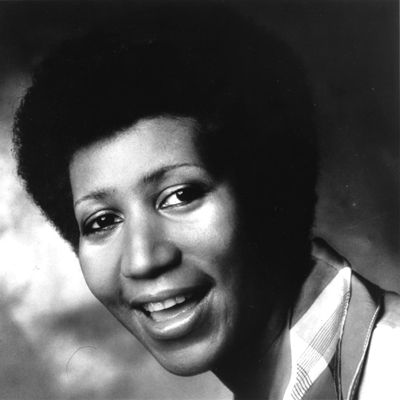

PopEntertainment.com > Miscellaneous >
Blame In on the Melisma
 Blame
It on the Melisma
Blame
It on the Melisma
By Mark Mussari
In
the late 1500s Pope Gregory the XIII decided enough was enough. Gregory
believed that the melodies of the Gregorian chant, the musical mainstay of
the Catholic Church’s mass, had become corrupted. Singers were singing more
than one note for each syllable of the chant—a vocal technique known as
melisma—and the pope wanted to put a stop to it.
Gregory ordered church officials to banish all use of melisma from the
singing of Gregorian chants. The pope ultimately failed in his attempt, and
by the late 1800s the Catholic Church had rejected all of his changes.
Still old Gregory the XIII may have been on to something.
Living proof that the pope was fighting a losing battle with melisma can be
found in the angelic voiced Aaron Neville, who hasn’t met a note he can’t
bend, trill or alter with his mellifluous tenor. It takes a singer of
Neville’s range and control,
however, to pull off all this vocal maneuvering.
The
effect of melisma on contemporary singing is undeniable, and one need look
no further than American Idol
to realize its often deleterious effects. Each week the contestants
attack a new song with the vengeance of a threa tened
mountain lion.
tened
mountain lion.
The
nascent singers, almost all of whom are younger than the songs they sing,
run the gamut from
pseudo-soulful
to pseudo-country—but they all share one thing in common: their
performances have replaced the drama of emoting
with unbearable over-singing, heavily reliant on melisma. We no longer
listen to lyrics, because the singer’s histrionics are now the sole focus of
attention.
The
progenitors of melodramatic pop singing are Aretha Franklin and Stevie
Wonder. In their heyday Franklin and Wonder, possessed of incredible ranges
and vocal control, could soar around notes, rip through lines and transform
even the most mundane lyrics into human drama. Both were also musicians
(many forget that Franklin is an accomplished pianist), and their inherent
musical knowledge often protected them from straying too far from the note.
In
other words, to quote American Idol judge Randy Jackson, they were
rarely “pitchy.” Unfortunately many who have followed Franklin and Wonder lack both the vocal dexterity and the musical
knowledge to pull off either the dynamism or melisma of those two
powerhouses.
Today’s musicians refer to melisma as “runs,” those trilling embellishments,
favored by hip-hop artists, in which the singer dances all around
the actual note. Struggling to do more than their voices are capable of
doing, most of these singers end up singing flat. As Jackson would say to
his Idol wannabes: “You didn’t make your runs, dawg.”
 By
the time Whitney Houston and Mariah Carey, the templates for today’s
bombastic female singers, came on the scene, another cultural phenomenon had
taken place. The song became simply a vehicle for the singer to flex
her vocal muscles. The lyrics, once the
reason for singing, began to wane as Houston and Carey—and most who have
followed them—moved the attention onto their vocal maneuvers.
By
the time Whitney Houston and Mariah Carey, the templates for today’s
bombastic female singers, came on the scene, another cultural phenomenon had
taken place. The song became simply a vehicle for the singer to flex
her vocal muscles. The lyrics, once the
reason for singing, began to wane as Houston and Carey—and most who have
followed them—moved the attention onto their vocal maneuvers.
There’s a great irony to this development, clearly evident in the young
American Idol hopefuls. In their attempts to prove they are “great”
singers, they are oddly void of relating any real emotion. The song’s
meaning, located in that intricate dance between words and music, becomes
lost in the shuffle.
Watching “American Idol,” you are rarely moved or touched by anyone’s
performance, no matter how impressive, because no one seems actually to feel
anything. The singers have become disassociated from the very words they
are singing. A recent New York Times article even lamented the
increasing influence of this approach on Broadway singing.
By
over-singing and rendering the song irrelevant, contemporary singers are
unwittingly contributing to the disposability of popular music. Sadly
enough the singers, thanks in great part to too much melisma, are killing
the song.